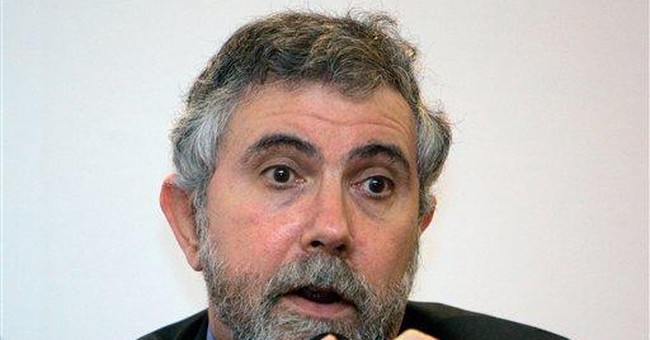
Nobel laureate Paul Krugman recognizes a kindred spirit when he sees one.
On Friday, the economics editor of the Financial Times, Chris Giles, posted a Twitter thread on the dramatic increases in both U.K. government and public sector debt as a result of the COVID-19 crisis.
In one month, it's pushed government debt as a share of national income to its highest level since 1963
This crisis is terrible for health and the nation's wealth
ENDS pic.twitter.com/R9klYWR7tR
— Chris Giles (@ChrisGiles_) May 22, 2020
Academic and global citizen Adam Tooze retweeted Giles thread with the following caption (emphasis mine):
Dramatic charts from @ChrisGiles_on surge in UK gov debts. But puzzled why he thinks this detracts from “nation’s wealth.” Obviously, COVID-driven collapse in GDP subtracts from monetary income. But gov debt shows up as asset in balance sheet.
I’m puzzled why he’s puzzled that Giles thinks this detracts from the nation’s wealth. But we’ll get to that.
Krugman, of course, agrees 100% with Tooze and retweets his message with the caption, “Repeat after me: debt is money we owe to ourselves. It doesn’t make the nation as a whole poorer.”
Repeat after me: debt is money we owe to ourselves. It doesn't make the nation as a whole poorer. https://t.co/yyAkexUV0N
— Paul Krugman (@paulkrugman) May 22, 2020
That’s an interesting and comfortable way to view the national debt, isn’t it?
If the U.S. passes a $3 trillion stimulus bill, for example, the government must sell $3 trillion worth of Treasury bonds to pay for it. The buyer, whether it be China or a U.S. pension fund, would hold their bonds on their balance sheet as an asset. The seller, the U.S. government, would initially realize an inflow of $3 trillion.
However, these funds are quickly spent. After the government transfers these funds to consumers and small business owners to keep them afloat through the COVID-19 induced economic crisis, it will be carried on their balance sheet as a liability. The government owes China, the pension fund, and whoever else purchased these securities, $3 trillion. This increases the national debt. And, yes Mr. Krugman, the U.S. government will be $3 trillion poorer.
Leave it to Sen. Ted Cruz (R-TX) to immediately recognize Krugman’s extraordinary spin and fire back.
Only if by “ourselves” you mean China. https://t.co/5Cn20gRdDB
— Ted Cruz (@tedcruz) May 23, 2020
To be fair, as of January, China owns roughly 5% of the U.S. national debt. But Cruz’s point is correct. This is money the U.S. owes to whoever has purchased Treasury securities.
Krugman’s reckless assessment is designed to mislead. And the scariest thing about it is how many Americans will read his statement and believe it. Krugman has 4.6 million followers on Twitter and many more read his columns in The New York Times.
When I borrow money, it becomes a liability on my balance sheet. It is a debt that I must repay at a specified time in the future. It is no different for the U.S. Government. If I purchase property or something of tangible value (art, jewelry, stocks) with the money I’ve borrowed, then the value of the property becomes an asset on my balance, which might partially offset the liability. However, if I immediately spend the money I’ve borrowed on say, vacations, or gifts to my children, there will be no asset to offset any portion of the liability I’ve created.
FIFY: Repeat after me. The national debt is money the U.S. Government must repay (or refinance) at a specified date in the future. When the government borrows additional funds and spends the money, the nation as a whole becomes poorer.
Thanks, Ted.
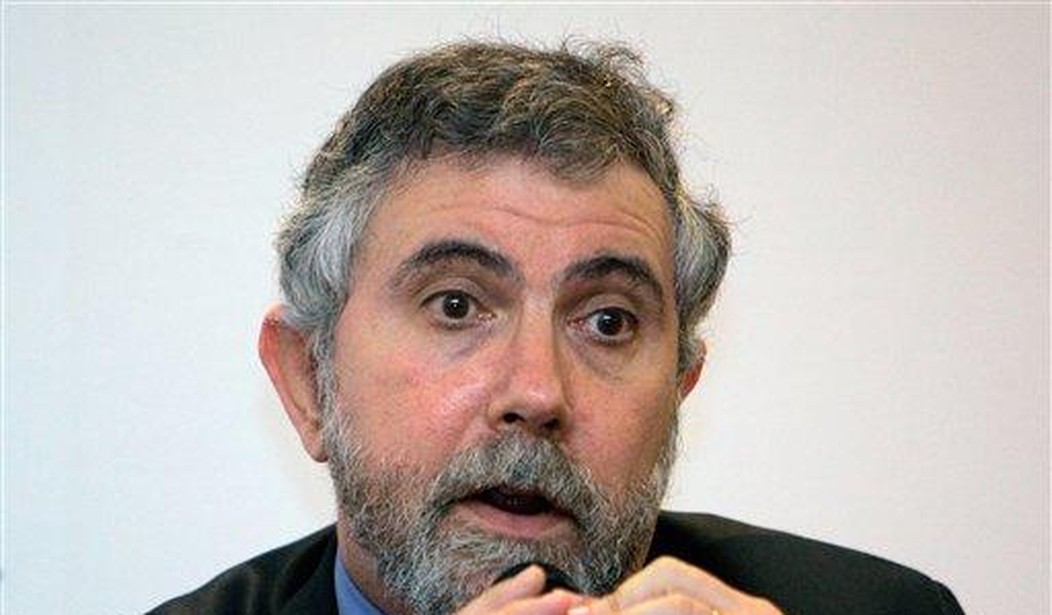


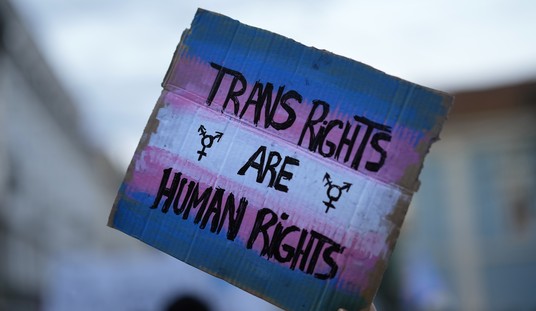

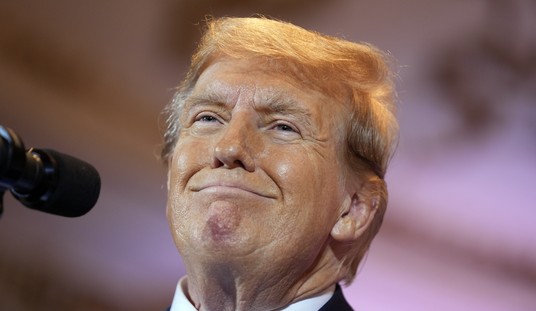
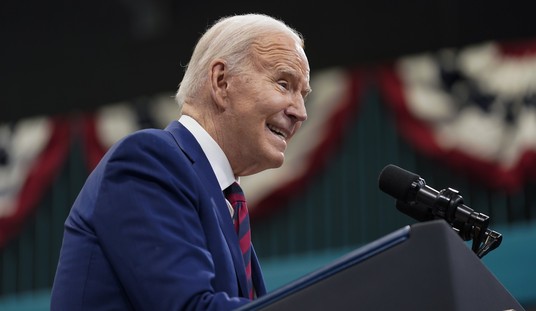
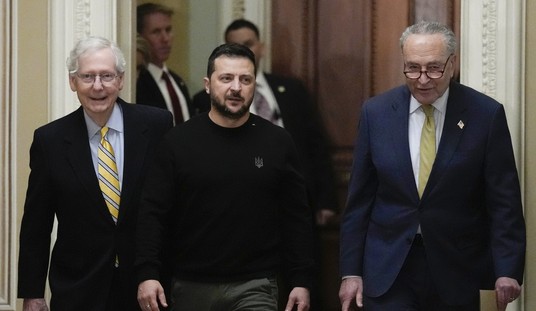



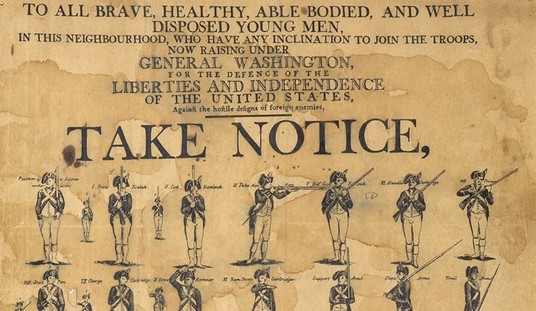

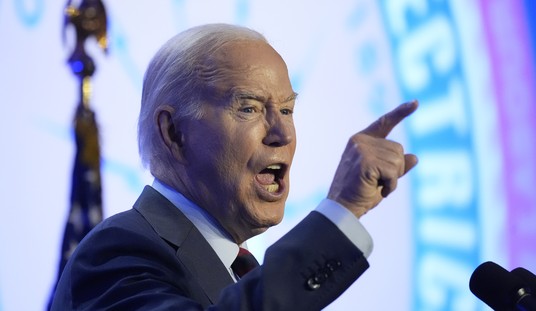
Join the conversation as a VIP Member